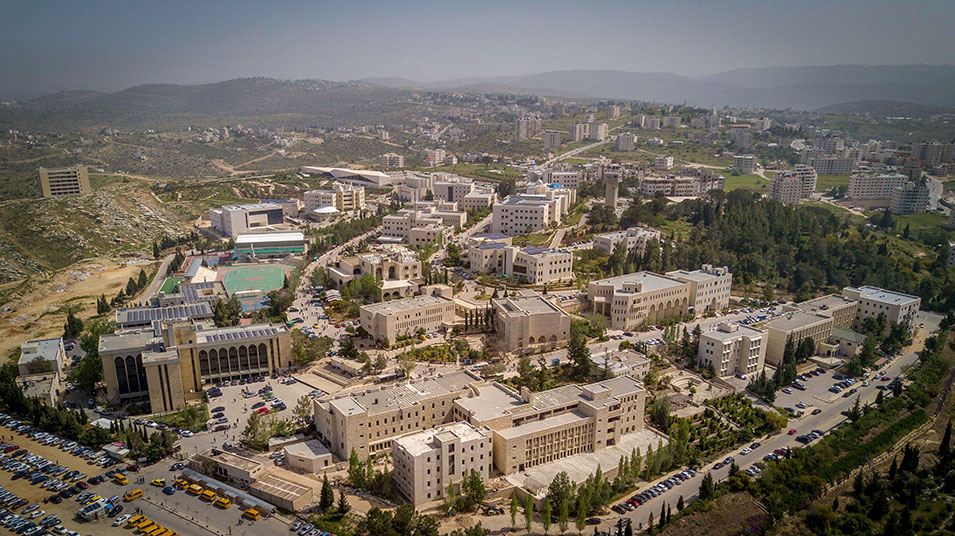In recently published paper, Birzeit professor points to climate warming trend in the Levant
Ahmad Abu Hammad, a professor of geography and resource management at Birzeit University, joined forces with professors at the Department of Applied Physics at the University of Granada to explore changes in the indices of extreme temperatures in the Levant region in a paper published in May in the International Journal of Climatology.
Titled “Spatio‐temporal analysis for extreme temperature indices over the Levant region,” and authored by Abu Hammad in cooperation with Ala Salameh, Sonia Raquel Gámiz-Fortis, Yolanda Castro-Díez, and María Jesús Esteban-Parra, this study temporally and spatially analyzes extreme temperature indices and considers their relationship with the main, large-scale circulation patterns found in the Northern Atlantic and the Mediterranean Basin.
The authors explain their focus on the Levant region with the fact that it is especially vulnerable to climate change, a fact that they attribute to the “many developmental stresses such as a shortage of water resources, weakness of existing infrastructure, low adaptive capacity, and frequent drought events.”
Analyzing the daily maximum and minimum temperatures, recorded between 1987 and 2016 at 28 stations distributed across Palestine, the authors found that the Levant over the past 30 years has been experiencing a warming trend, as maximum values of minimum temperatures have risen up to 0.680 degrees Celsius per decade.








